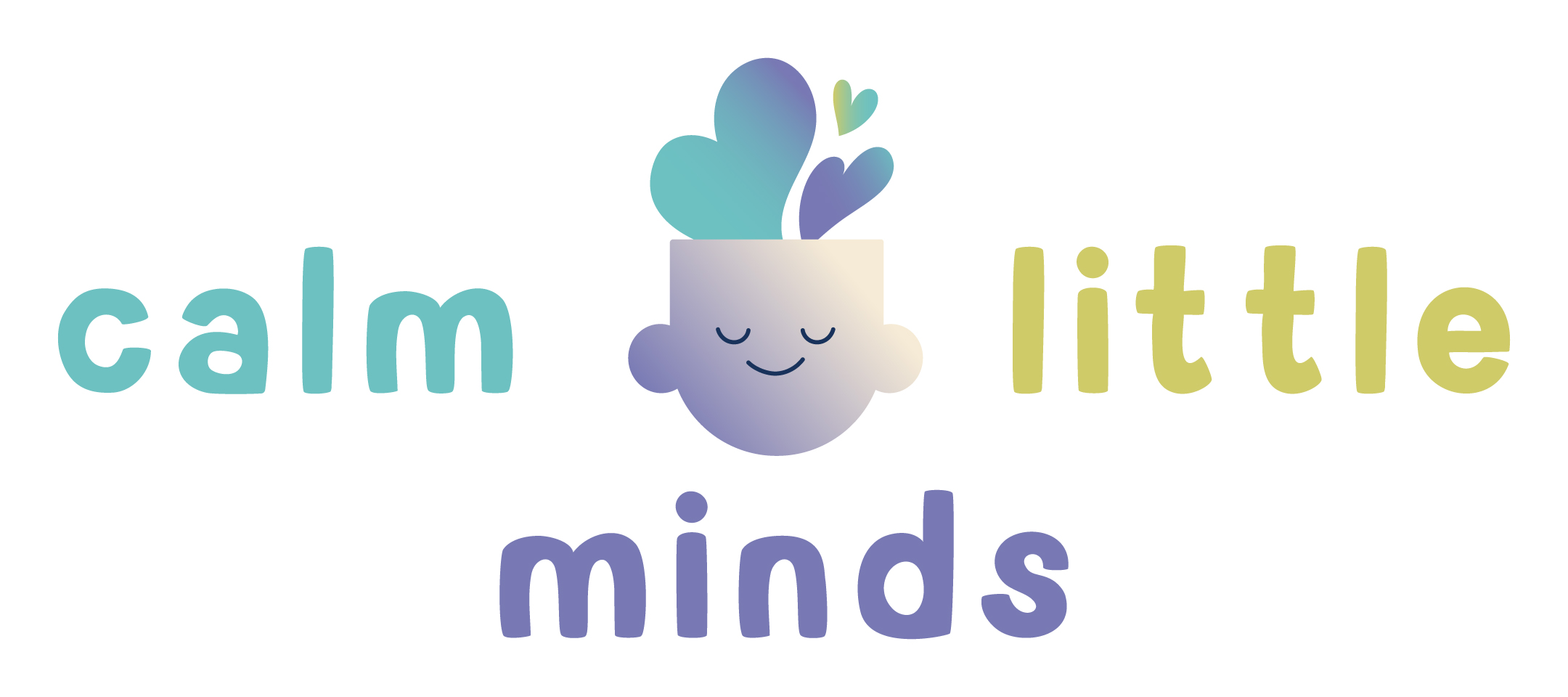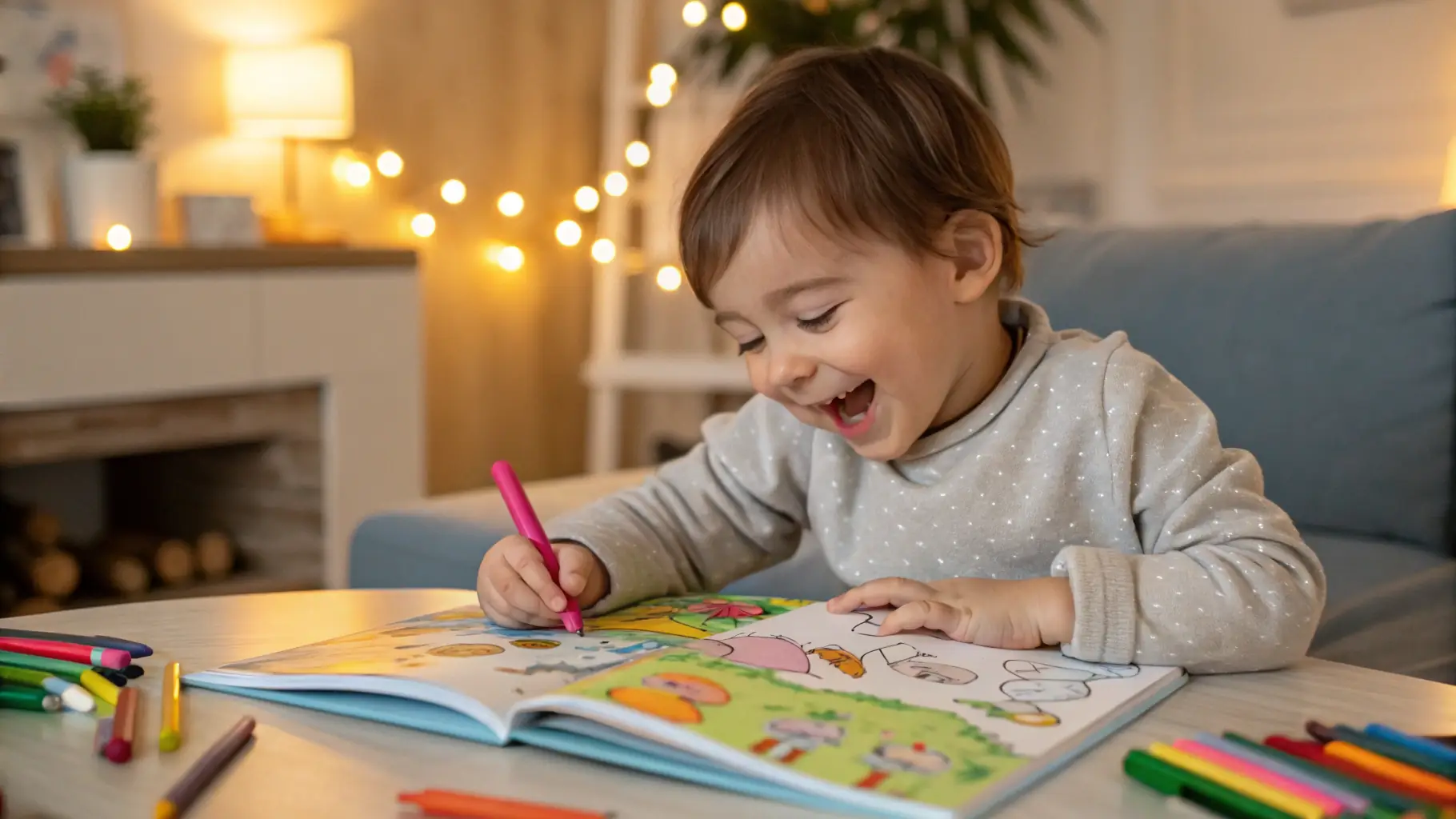When my daughter was four, she had a meltdown over a broken toy. At first, I wanted to say, “It’s just a toy, we can fix it!” But then I saw the frustration in her little face, the tears welling up in her eyes. To her, this wasn’t just about a toy—it was about something going wrong and not knowing how to handle it. Instead of dismissing her feelings, I knelt down and said, “I can see you’re really upset. Do you want a hug?” That small moment changed everything. She took a deep breath, hugged me tightly, and we talked about how she felt. That’s when I truly realized how important emotional intelligence is in young children.
What Is Emotional Intelligence?
Emotional intelligence (EI) is the ability to recognize, understand, and manage emotions—both in ourselves and others. It helps children express their feelings, navigate social situations, and develop resilience. The core components of EI include:
- Self-Awareness – Recognizing and understanding one’s emotions.
- Self-Regulation – Managing emotions appropriately.
- Motivation – Using emotions to achieve goals.
- Empathy – Understanding and sharing the feelings of others.
- Social Skills – Navigating interactions and building positive relationships.
By fostering these skills early, we equip children with tools to manage stress, communicate effectively, and form meaningful connections.
Practical Ways to Nurture Emotional Intelligence
- Encourage Open Communication
One evening, after a tough day at school, my daughter slammed her backpack down and muttered, “I don’t want to talk.” Instead of pushing her, I sat beside her and said, “I’m here if you want to share.” After a few minutes, she opened up about a disagreement with a friend. Teaching kids to name and talk about their emotions builds emotional awareness and trust.
- Teach Emotion Recognition
Young children may struggle to identify their emotions. Try using emotion charts, books, or even a mirror game—making happy, sad, or surprised faces and asking them to do the same. One of our favorite bedtime books is The Color Monster, which visually represents different emotions in a way that makes sense to little ones.
- Model Healthy Emotional Expression
Children learn by watching us. If I lose my patience and snap, I always try to apologize and explain: “I felt really frustrated, and I didn’t handle it well. Next time, I’ll take a deep breath before speaking.” Showing them that emotions are normal—and manageable—sets a powerful example.
- Help Children Manage Their Emotions
When my daughter gets overwhelmed, we practice “bubble breaths”—taking a deep breath in and slowly blowing out as if making the biggest soap bubble. Teaching kids techniques like deep breathing, squeezing a stress ball, or counting to five helps them regulate their emotions in stressful moments.
- Promote Empathy
One day at the playground, my daughter saw a little boy crying. Instead of walking away, she went over and offered her stuffed bunny. It melted my heart! Encouraging kids to think about how others feel—through storytelling, role-playing, or simply asking, “How do you think your friend felt when that happened?”—builds their empathy muscles.
- Teach Problem-Solving Skills
Instead of jumping in to fix every issue, guide kids to find their own solutions. When my daughter fought with a friend over a toy, I asked, “What do you think we can do to make this fair for both of you?” Teaching them to brainstorm and compromise fosters independence and confidence.
- Foster Social Connections
Friendships are a great place for kids to practice emotional intelligence. Organizing playdates, group activities, and even simple turn-taking games can help them build communication and cooperation skills.
The Long-Term Benefits of Emotional Intelligence
Children who develop strong emotional intelligence are more likely to:
- Build healthy friendships and relationships.
- Cope with stress and frustration effectively.
- Show kindness and understanding toward others.
- Perform better academically and socially.
By making small, everyday efforts, parents and educators can nurture EI in a way that feels natural and meaningful.
Emotional intelligence isn’t just a skill—it’s a lifelong asset. When we validate our children’s emotions, teach them to navigate challenges, and model healthy expression, we empower them to thrive. Whether through bedtime chats, storytelling, or practicing mindfulness together, every moment counts.
Want more resources on children’s mental well-being? Explore Calm Little Minds for expert tips, engaging activities, and valuable insights into nurturing emotional growth in kids.




